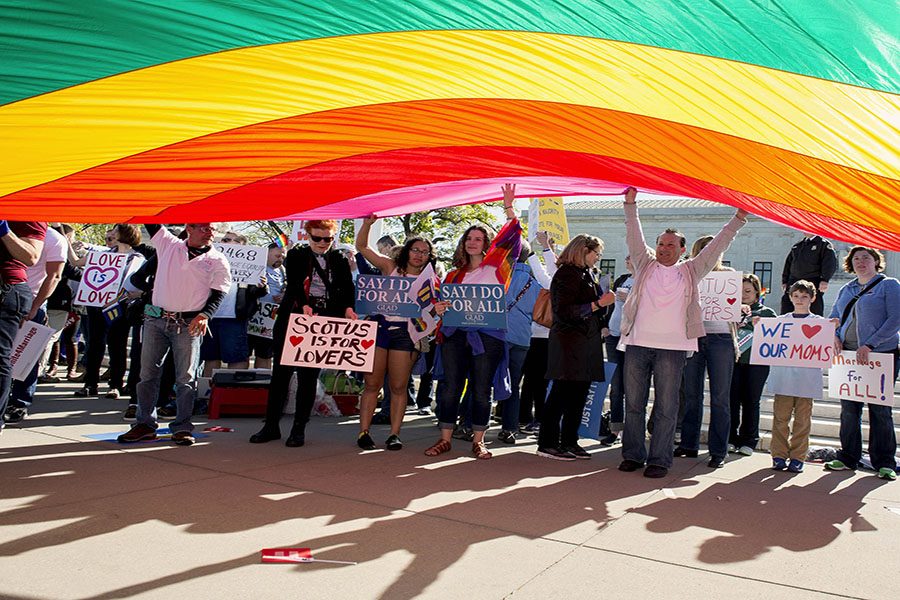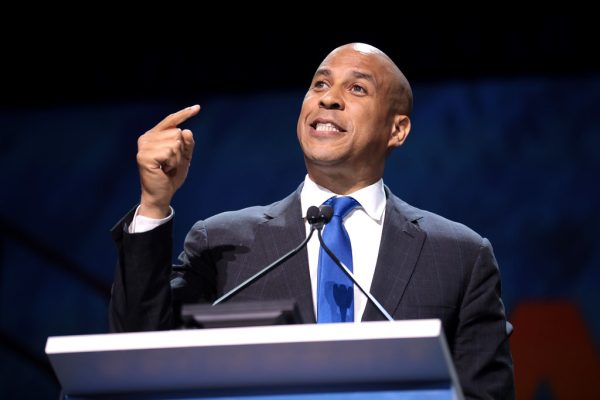Court says ‘no’ to discrimination based on sexual orientation
VICTORY. The ruling of the Chicago federal appeals court marks a big win for gay rights advocates everywhere. The Seventh Circuit concluded that the Civil Rights Act also protects against sexual orientation discrimination. The basis of case comes from an Indiana teacher and her job situation at Ivy Tech.
On Tues., Apr. 4, the United States Court of Appeals of the Seventh Circuit ruled in favor of protecting gay individuals in the workplace based on the 1964 Civil Rights Act. This action increases the chance that the issue will be resolved by the Supreme Court.
In the eight-to-three vote, the judges came to the conclusion that discrimination based on sexual orientation is comparable to discrimination based on gender, which is illegal under the 1964 Civil Rights Act. Therefore, the final decision was that people of different sexual orientations would also be protected under the act.
The case originates from a former part-time teacher at Ivy Tech Community College, Kimberly Hively, who claimed that she could not secure a full-time job and was fired because she was a lesbian.
“Hively’s claim is no different from the claims brought by women who were rejected from jobs in traditionally male workplaces, such as fire departments, construction, and policing,” said Diane P. Wood, Chief Judge of the United States Court of Appeals for the Seventh Circuit, in the opinion portion.
Previously in the lower court, however, Hively’s case was dismissed, concluding that the Civil Rights Act did not protect the rights of those with different sexual orientations.
Greg Nevins from Lambda Legal, which represented Hively, thought the Seventh Circuit’s decision, on the other hand, was amazing and monumental.
“The problem with the old decisions was the focus on words that were not in the statute— ‘We don’t see sexual orientation in the statute, so you lose’ — instead of what it is: sex discrimination,” Nevins said in an interview.
Despite the recent ruling, Ivy Tech Community College still denies repudiated allegations of discrimination.
“The college denies that it discriminated against the plaintiff on the basis of her sex or sexual orientation and will defend the plaintiff’s claims on the merits in the trial court,” said Jeff Fanter, Ivy Tech’s senior vice president for communication and marketing, in a news release.
Your donation will support the student journalists of Sycamore High School. Your contribution will allow us to purchase equipment and cover our annual website hosting costs.







